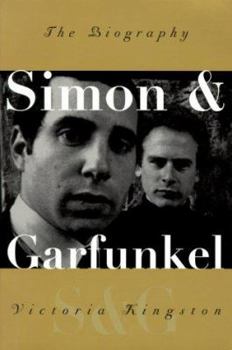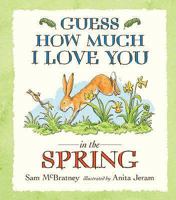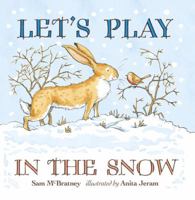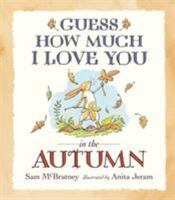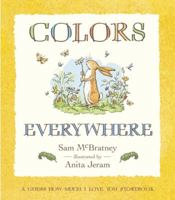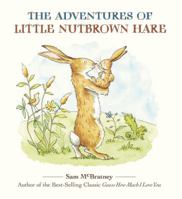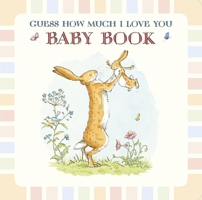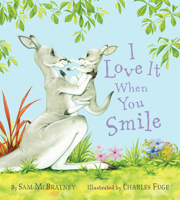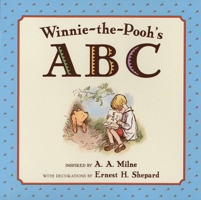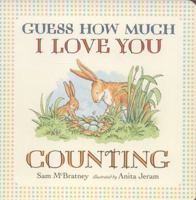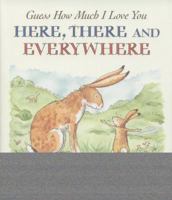Simon & Garfunkel: The Biography
Select Format
Select Condition 
You Might Also Enjoy
Book Overview
Customer Reviews
Rated 5 starsA "must" for all Simon & Garfunkel fans!
Victoria Kingston's engaging and informative biography of one of America's most popular duets is a seminal history of the Paul Simon and Art Garfunkel collaboration. Victoria Kingson has created a biographical work of painstaking attention to detail and accuracy. Candid, comprehensive, insightful and poignant, Simon & Garfunkel: The Biography is a "must read" for all Paul Simon & Art Garfunkel fans, and a very highly...
0Report
Rated 5 starsExcellent historical compilation of S & G
I have been a fan of Simon & Garfunkel since about 7th grade when a teacher played the song Silent Night / 6 O'Clock News. It hit me that some one very talented put those two things together and I wanted to hear more of their music. This book took me back to the feelings I had when hearing a S & G song for the first time. I read the book in two days; it was hard to put down. Kingston interpreted many of the meanings...
0Report










